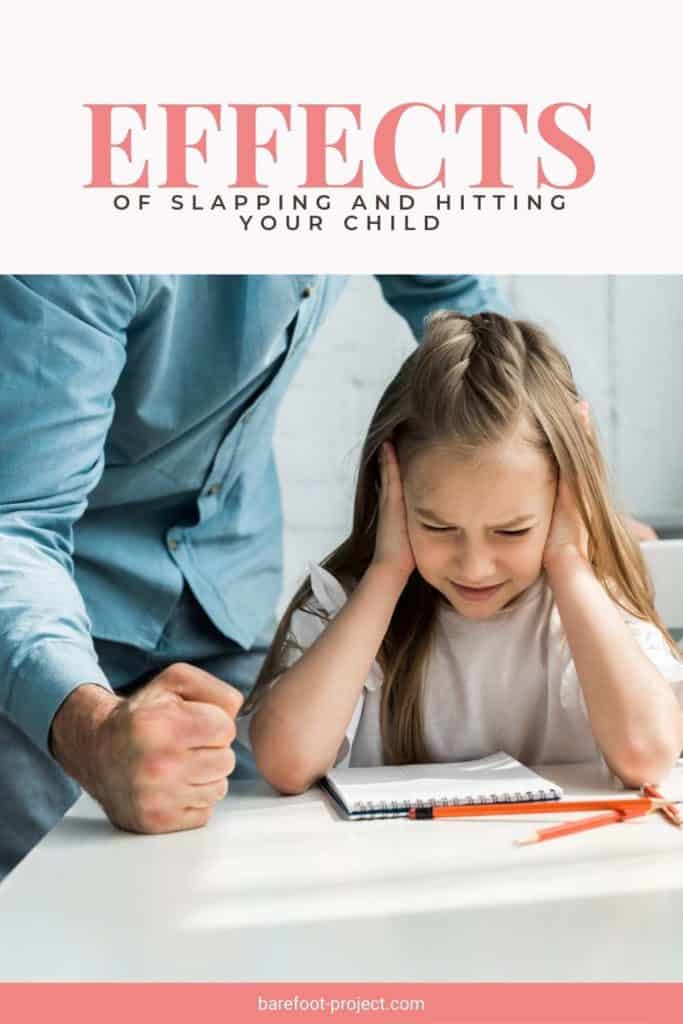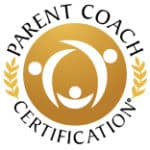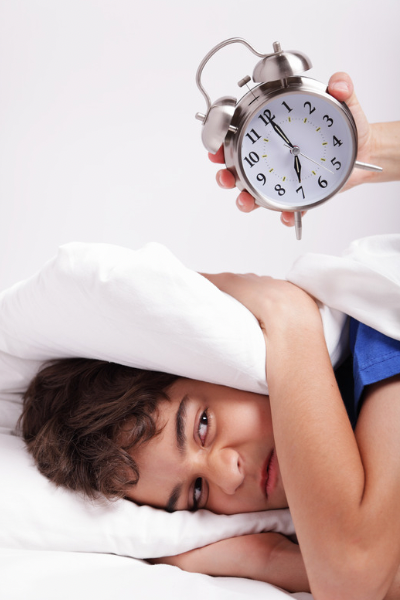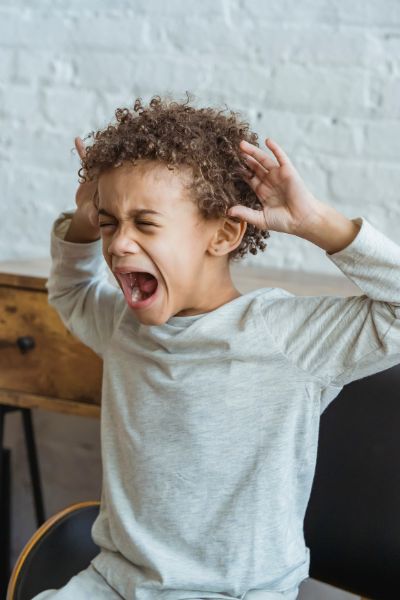The Effects of Slapping and hitting your Child | Discipline Techniques
Anger is a natural human emotion. It’s how we process the things that happen to us, like when something unexpected happens, or someone hurts our feelings. Yet slapping and hitting a child can have adverse effects.
Some individuals have a more challenging time controlling their anger than others. For example, adults who struggle with anger may express their frustrations on their children in explosive outbursts.
Hitting a child causes damage that cuddles and kisses may not alleviate.

Do you want to know the effects of slapping children and hitting them?
Physical punishment can range from slapping a hand or bottom to striking with an implement (such as a belt) and shaking.
The American Academy of Pediatrics recommends that parents never physically punish their children because it teaches aggression rather than respect for others’ boundaries.
Parents who are angry at their children may be more likely to slap them to vent frustration; however, this type of behavior does nothing but teach kids that violence is okay when they’re upset about something.
Likewise, children who are hit by their parents learn that it’s acceptable for someone bigger and stronger than them to hurt them whenever they feel like it – which makes it harder for these kids later on in life when faced with peer pressure or bullying situations where violence might seem like the best option.
Hitting and slapping your Child is never the answer. These are ineffective ways to discipline children and can lead to harmful consequences for both Parent and Child. This blog post will discuss the effects of hitting or slapping a child on their body, as well as the long-term mental health effects of this type of parenting style.
I hope you enjoy reading about this topic!
What are the effects of slapping a child on the face?
This type of punishment is particularly harmful because it can make a child even more upset. Which means they may act out, or they could become very withdrawn and avoidant.
Hitting a child on the head can lead to a concussion or other injury if a parent has strong hands and uses enough force to do damage. Slapping children in the face can lead to loss of hearing or a hurt eye if the Child isn’t wearing protective eyewear during punishment.
It is essential to consider how physically and emotionally painful it can be for children when they are slapped or hit by an adult, particularly those supposed to care for them.
We often teach children that violence is not okay when they have been hit or otherwise physically harmed, so it is hard for them to understand why an adult would do this.
If a child’s parent hits them in the face, they may become scared of their parents. They could also see themselves as deserving punishment and carry that idea into adulthood.
7 ways slapping and hitting your children affects them
- It tells the child that hitting is Ok
- Mood swings and Depression
- Decreased academic achievements
- Aggressive behavior
- Short term and long term Injuries
- It can damage the Parent-Child relationship
- It does more harm than good
1. It tells the Child that hitting is Ok
In many households, slapping and hitting children is thought of as a way to discipline them. Parents may think this type of corporal punishment teaches kids not to do things that will result in pain, but it doesn’t work that way.
The problem with physical punishment is that children learn that it’s okay for someone bigger and stronger than them to hurt them whenever they feel like it.
Spanking may make children direct their anger and frustration toward others instead of working it out themselves, which can cause problems in friendships and social interactions outside the home.
To learn right from wrong, children need to have a clear understanding of boundaries and physical touch. Hitting kids can affect their ability to form relationships as adults by causing them emotional pain and discomfort.
For example, children who are slapped may grow up being unable or unwilling to show affection because they’ve been conditioned not to accept it.
2. Mood swings and Depression
Research has long underscored the adverse effects of spanking on children’s social-emotional development, self-regulation, and cognitive development.
Still, a new study shows that spanking alters children’s brain response in ways similar to severe maltreatment and increases the perception of threats.
We know it can have a potential impact on brain development, changing biology, and leading to lasting consequences.”
The fear and stress that come from being punished physically can also cause kids to develop mood swings and Depression. Hitting children is often done when parents are angry with them, meaning no real lesson is taught.
3. Decreased academic achievements
Exposing children to violence can also result in a decreased interest in learning. Research has found that corporal punishment is associated with decreased cognitive ability.
In examining the educational achievement of more than 704 5-9 year-olds, the research found that corporal punishment was related to lower scores on vocabulary and math tests.
The use of corporal punishment in schools has also been linked to increased dropout rates among students. Students who are punished physically may feel like they are not cared about or valued by their teachers and school officials, which causes them to not want to go to school.
4. Aggressive behavior
The psychological effects of corporal punishment can also cause kids to become aggressive and violent towards others and themselves. In addition, spanking may teach children the wrong types of coping skills, such as hitting someone when they’re angry instead of verbally expressing themselves.
Hitting kids may also increase their risk of developing psychiatric disorders like anxiety and anger-control problems. For example, research has indicated that physically punished children are more likely to engage in bullying.
It can cause emotional distress and alter brain development which leads to aggressive behaviors in adulthood. Parents who hit their children may create a cycle of violence that will continue throughout their lifetime.
5. Short term and long term Injuries
Spanking can be physically harmful to children. In addition to the immediate pain it causes, slapping and hitting kids has been linked with a number of other physical harms that can occur in adulthood.
It’s possible that parents who use physical punishment may hit harder when they don’t see any long-term effects from their Child.
Hitting children can leave cuts and bruises that require medical attention, but it’s also been associated with an increased risk of developing the following problems:
- Seizures
- Hearing and speech problems
- Brain damage
- Osteoarthritis
- Migraine headaches
- Metabolic problems
- Immune problems
- Death
6. It can damage the Parent-Child relationship
Physical punishment can also cause long-term negative consequences for children’s relationships with their parents. For example, parents who hit their kids are more likely to show higher levels of anger later on, which can strain the bond between them.
It is less effective at getting results than positive parenting methods, leading to increased conflict in the home. Parents may also become more aggressive and less patient in the future when they feel like their Child is not respecting them.
Children who are hit by their parents are likely to believe that the world is not safe. In some cases, emotionally abused children may even feel like they deserve the physical harm they received from their parents.
7. It does more harm than good
Research has shown that there are safer and more effective ways of disciplining children.
The fact is, spanking and slapping children do more harm than good.
It can cause emotional distress, physical pain, and long-term negative impacts on their health which may lead to problems like chronic pain disorder.
Parents are far less likely to show anger towards their children if they use positive parenting methods that teach them how to behave, like reasoning or giving appropriate timeouts.
Positive parenting can also be just as effective for changing unwanted behavior, if not more effective.
Parents who use positive techniques are much more likely to receive voluntary compliance from children than parents who use corporal punishment.
Antisocial Personality disorder
The effects of slapping children and hitting them are many, but one of the most prevalent long-term mental health effects for a child who has been slapped or hit by an adult can be an antisocial personality disorder.
Antisocial personality disorder is characterized by a lack of empathy, disregard for others’ feelings, difficulty maintaining relationships, and aggression in social situations.
The more we teach our children that violence is never okay when they have been hurt physically or emotionally, the less likely they will be to see themselves as deserving punishment in adulthood.
And if we don’t want our children growing up with antisocial personality disorder (which includes low self-esteem), then we need to be sure they understand that being hit is not a proper way to solve a problem.
Positive Discipline Techniques
The most effective way to get children to behave is through positive discipline techniques.
Nonviolence teaches us how to properly express our anger and frustration without taking it out on another person.
It helps teach our children the right coping skills they need to manage their behavior and emotional responses to negative situations.
Nonviolence is a way of living in which we commit to avoiding all forms of violence, even in word or thought. It teaches us to speak and act in a nonviolent way because it’s the only way we can achieve peace in our minds, with others, and in the world around us.
The most effective parenting techniques involve:
- Praising Good Behaviour
- Modeling Good behavior
- Setting limits and expectations
- Positive self-talk to children about how they should behave
Conclusion
This blog post has discussed how hitting or slapping a child can negatively affect their mental health.
The long-term consequences of physical punishment are not worth the temporary relief it may bring to angry parents.
If you get frustrated with your children, try an alternative method of discipline that doesn’t involve violence, such as talking about feelings and dealing with problems together instead.
Please share this article, so more people know what’s at stake when they choose to hit or slap their kids in anger!








One Comment